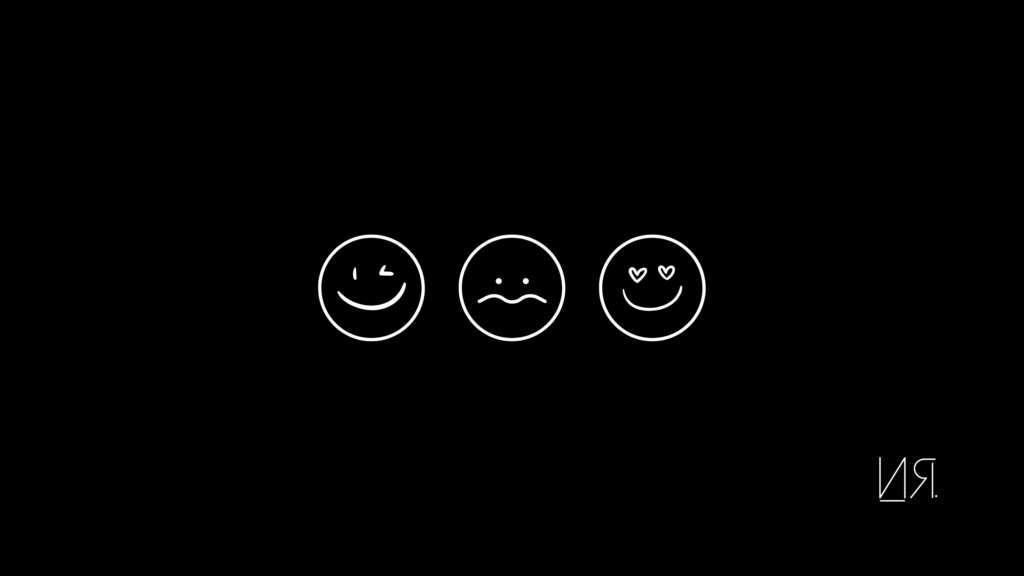Emotional intelligence is very important for both personal and professional growth.
We just don’t talk about it that much.
One day, I strolled into the office on the north side of Austin – the arboretum.
I had some client work to get to. Some distillation columns to stabilize. Some tank levels to equalize.
I had it all under control. I got to my desk, tossed my keys in the drawer and turned on my laptop. Just another day, I know exactly what I need to do.
A few coworkers passed by. I said hello.
I sat back while my computer loaded.
Finally, it’s on.
Before I got sucked into charts, set points, and optimization constraints, I thought: let me quickly check up on my permanent residency application. Should be any day now.
It was like my soul had been vacuumed out of my body as I stared at the big red bold statement on my application: YOUR CASE HAS BEEN RETROGRESSED FOR TWO YEARS.
Whaaaat?
How?
What does retrogress even mean?
Two whole years?
I stumbled through work like a zombie.
Same message the day after, and the week after.
A few months later, the message on my application disappeared. My application was back on track to progress to the next stage in a few months.
Wooh.
Relief.
It’s like that feeling that evacuated my body that day jumped into me.
I realized that I was not in control of my emotions as much as I thought I was.
Emotional Rollercoaster:
People move at the whims of their emotions.
Too eager to take action based on how they feel.
On the other end, people bury their emotions.
They call themselves, logical, analytical, engineers (just kidding).
But the reality is we make a lot of decisions based on our emotions.
We make snap judgements, based on how people make us feel. We buy because we feel a sense of lack or a sense of guilt. We make decisions with our hearts and then justify them with our minds.
But when we are not in control of our emotions, who is really in control?
You might just be an emotional zombie, stomping through life.
Why not get more in tune with your emotions.
When you are in tune, you make better decisions. You develop a sense of awareness that allows you to see your own blindspots.
Taking ownership of your emotional state gives you full agency of your life.
You learn that nothing external can fulfill your needs and everything you need is already within you.
You just have to learn to manage it.
Manage your emotions or they will manage you.
5 ways to use your emotions for good:
The moment you realize that you are at the mercy of your emotions, you’ll take a more active approach in managing them.
When you take charge of your emotions, you are able to anticipate your mood changes, you’ll be proactive in the types of feelings you want to experience, and you’ll live a more stable life filled with growth and connection.
Here are a few things I’ve learned along the way:
1. Your mind has two systems
It’s called dual process reasoning.
This was made popular by Daniel Kahneman in his book: Thinking, Fast and Slow. The two systems are system 1 and 2 (I know, very simple to remember right?) System 1 is the brain’s fast, automatic, intuitive approach.
Then there’s system 2.
It’s the mind’s slower, analytical mode, where reason dominates
Most of the time, we are in system 1 thinking.
It is necessary for survival and protection. However, it is not good when it is in overdrive.
A lot of us have our system 1 in overdrive. Over-amplification of fear, driven by system 1’s attachment to past experiences, makes us repeat unconscious and sometimes destructive behavior.
Knowing how these two systems work hand in hand is very important. The ideal way is to find your balance between both.
2. Prioritize space
Give yourself some space from immediate feelings.
I once got an email from a not-so-great client. I was about to grab my laptop and respond the way Tony Montana grabbed the phone to talk to Sosa in the last scene of the movie Scarface.
As I smashed my fingers into the keyboard, in my mind’s voice yelled: “you wanna mess with me huhn? OOOOK.”
Then I stopped.
I went to bed. The next morning, I read the email he sent. It was actually not that bad. I’m glad I left my response in draft.
Moral of the story is: Take a break.
Put some space between your emotional response and your counter action.
3. Be proactive
Don’t just react, get ahead of it.
A lot of us are just going through the world, reacting to what people do around us.
Politicians did this.
Partner did that.
The reality is you get triggered by things because of your experience in the past. Holding on too tightly to the past is a defense mechanism. Instead of focusing on what could happen on the outside, how about focusing on your internal state.
When you learn your triggers and how you respond, you can decide whether you want to put yourself in that situation ahead of time.
Perhaps, maybe you don’t need to hang out with those “so-called friends.”
Save yourself the emotional turmoil.
Be proactive.
4. Write to reflect
Know thyself.
If I could summarize this entire letter, it would be that two-word sentence above.
A year ago, I asked some of my friends what type of content they liked to see online. When I checked what they’d been engaging with it was miles apart from what they said.
The truth is that the algorithm knows a lot of us better than we know ourselves. How much time are you taking to understand yourself? Because the technology companies are working hard at it.
Writing and journaling helps.
It allows you to spend time with yourself, reflect on the time you’ve experienced, and plan for the future. When I write I discover what’s on the top of my mind.
Reflect, through writing, to understand your emotional state.
5. Meditate
I don’t talk about this enough.
It’s because I don’t know how to tell people how to meditate. Most people think it’s some profound mystical experience. What I’ve found is that it’s just an observation practice.
I started meditating just over 9 years ago.
I began with just 4 minutes. Now I go for about 22 minutes a day. It’s simple: I set the timer, close my eyes, and focus on my breathing.
All you’re doing is observing your thoughts, emotional states, sensations in your body.
In general it makes me calm and helps with focus.
Develop a mediation practice to even out your mental and emotional state.
Final thoughts:
If you don’t manage your emotions, they’ll manage you.
And nobody needs another manager.
There are a few other things like going to therapy, exercising, listening to music, spending time with loved ones that can enrich your emotional life.
But these are a few practical tips that I apply to my life: Understand the systems of your mind, create more space between triggers and actions, be proactive, use writing to reflect, and meditate to observe.
No one is going to balance out your emotional state for you.
You have what it takes to make it happen.
If all fails remember my mantra:
When you’re up, be grateful.
When you’re down, be patient.
Yours truly,
Nifemi



